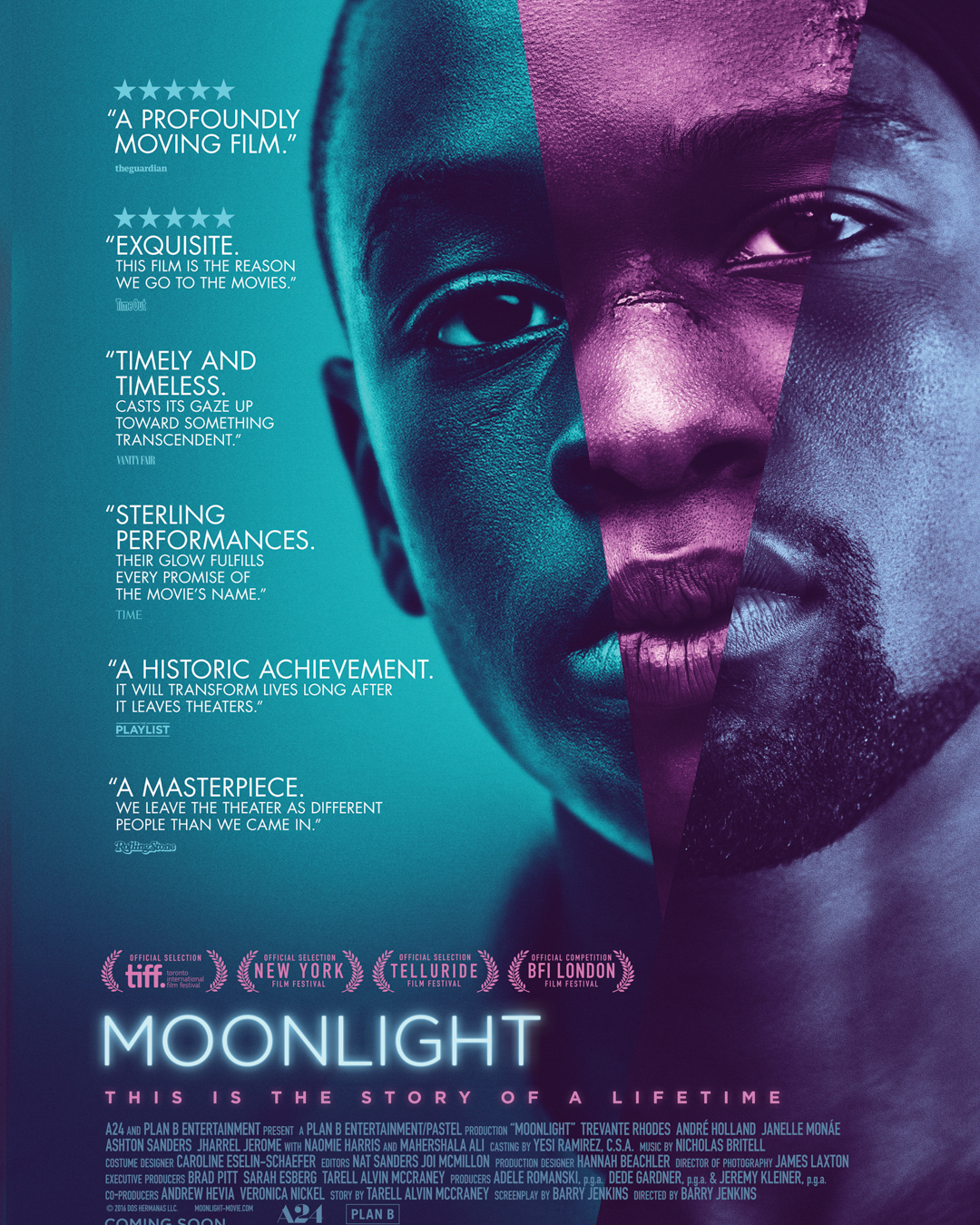Those who watched Barbie recently may have seen previews for Wonka, starring Timothée Chalamet as a young Willy Wonka before he founded his funhouse of candy-coated child torment.
As a premise and as a product, the film’s existence is confusing. The idea that it is indicative of some kind of demand — that anyone was wondering about Willy Wonka’s origin story — bodes ill for both media literacy and society.
Willy Wonka is a chaotic trickster out of time. Wonka seems uncannily mystical and menacingly enigmatic because we don’t know how he became a capitalistic maniac who weaponizes molten chocolate against bratty children. His wonkiness buckles under an origin story rather than being bolstered by it.
Wonka is not just a sign of Hollywood’s creative emptiness and over-reliance on sequels, it is a barometer for the ways the mainstream film industry constantly misinterprets its own touchstones and uses dependence on celebrity recognition to patch up holes in its branding.
Is that celebrity patch working, in this case? The response to Chalamet’s casting has been almost uniform perplexity.
Chalamet made a name for himself with muted performances infused with humanistic nuance, like his roles in Greta Gerwig’s Ladybird and Little Women or Call Me by Your Name. Even Chalamet’s portrayals of Zeffirelli in The French Dispatch and Paul in Dune were more low-key than caricature.
Chalamet may establish himself in the zeitgeist as Willy Wonka just as Gene Wilder did in the 1970s. He just doesn’t strike me as a character actor with a penchant for portraying psychopathic paranormal patriarchs in the way that someone like Jim Carrey does.
The LA Times reported that Chalamet was cast because of his high school musical theatre performances uploaded to YouTube. Pre-celebrity Chalamet was enrolled at Fiorello H. La Guardia High School of Music & Art and Performing Arts in New York City, alma mater to stars like Jennifer Aniston and Awkwafina.
Despite the glitz and glamour attached to La Guardia’s reputation, one of Chalamet’s most famous productions from his time there was his choreographed routine as whiteboy cringe rapper Timmy Tim.
As I was drafting this article, Timmy Tim’s “Ayy Now Chop!” a catchy but ridiculously cruddy rap routine took over my ‘For You’ page on TikTok. People glommed onto it with a post-ironic appetite that had them copying Timmy Tim’s dance moves by the thousands. One page dedicated to the sound from the original video on TikTok has over 40 million views.
Chalamet’s appearance in a similar persona on Saturday Night Live cemented itself as a classic clip on the internet, but the actor fuels memes even when he’s not working. Footage of Chalamet’s rhythmless loping gait as he walked around New York City became its own meme — “Timothée walking through NYC.”
Although Chalamet is in what I consider to be the early stages of his career, he’s one of the prime examples of movie stardom in the 21st century. Right now, movie stars grow their fanbases when they shed the sheen of stardom in favour of silliness and relatability.
In an interview with Vanity Fair, actor Ana de Armas said she believes newer generations lack the concept of a movie star in the vein of Marilyn Monroe. Armas thinks movie stardom comes from a feeling of untouchability, which the sort of oversharing encouraged on social media has essentially made impossible.
Actor Anthony Mackie famously said something similar in 2017. Mackie argued audiences are less discerning now than they used to be. Instead of going to the movies to see a particular actor’s work, Mackie lamented that audiences go to see whatever is popular online or is associated with a specific brand.
I think Mackie and Armas said these things because they’re sour that barely anyone cares who they are. Mackie’s mild disgust toward audiences for shifting to like brands more than they like him seems to indicate he overlooks that actors like Arnold Schwarzenegger used to attract audiences like brands. It wasn’t the promise of artistic merit, but rather the promise of bulbous biceps and a weird accent that put butts in seats at the premiere of Total Recall.
I don’t think there is evidence to say the movie star has disappeared. Rather, the public’s values have shifted the image of the movie star in a weirder direction.
As “Ayy now chop!” might be solidifying itself in memory like a K-pop choreo or the alphabetical arm flailing that passes for dancing during “Y.M.C.A.,” people are watching what Chalamet is doing and copying him. He consistently proves to be the muse for a hyperactive meme culture, which translates into audiences continually paying attention to his work.
It’s true that movie stars don’t seem elegant and elevated the way they used to, but movie stars with savvy marketing use that collapsing social hierarchy to build a newly engaged fanbase. Wonka is taking film audiences’ temperatures, gauging what sort of mainstream cinematic weirdness they will latch on to because they form a particular attachment to actors’ public personas.
Chalamet’s popularity points to relatability defining modern movie stardom. Wonka is undeniably a brand film, but it’s also a Chalamet film. People who have no reason to care about Willy Wonka’s backstory will buy a ticket to see Chalamet jigging around crates of toffee.
As big-budget films continue to asphyxiate culture with stale sequels and rancid remakes nobody even imagines wanting, they prop up that lack of vision with the modern meme-ing movie star. Memes make unmarketable swill into everyone’s cup of tea.





